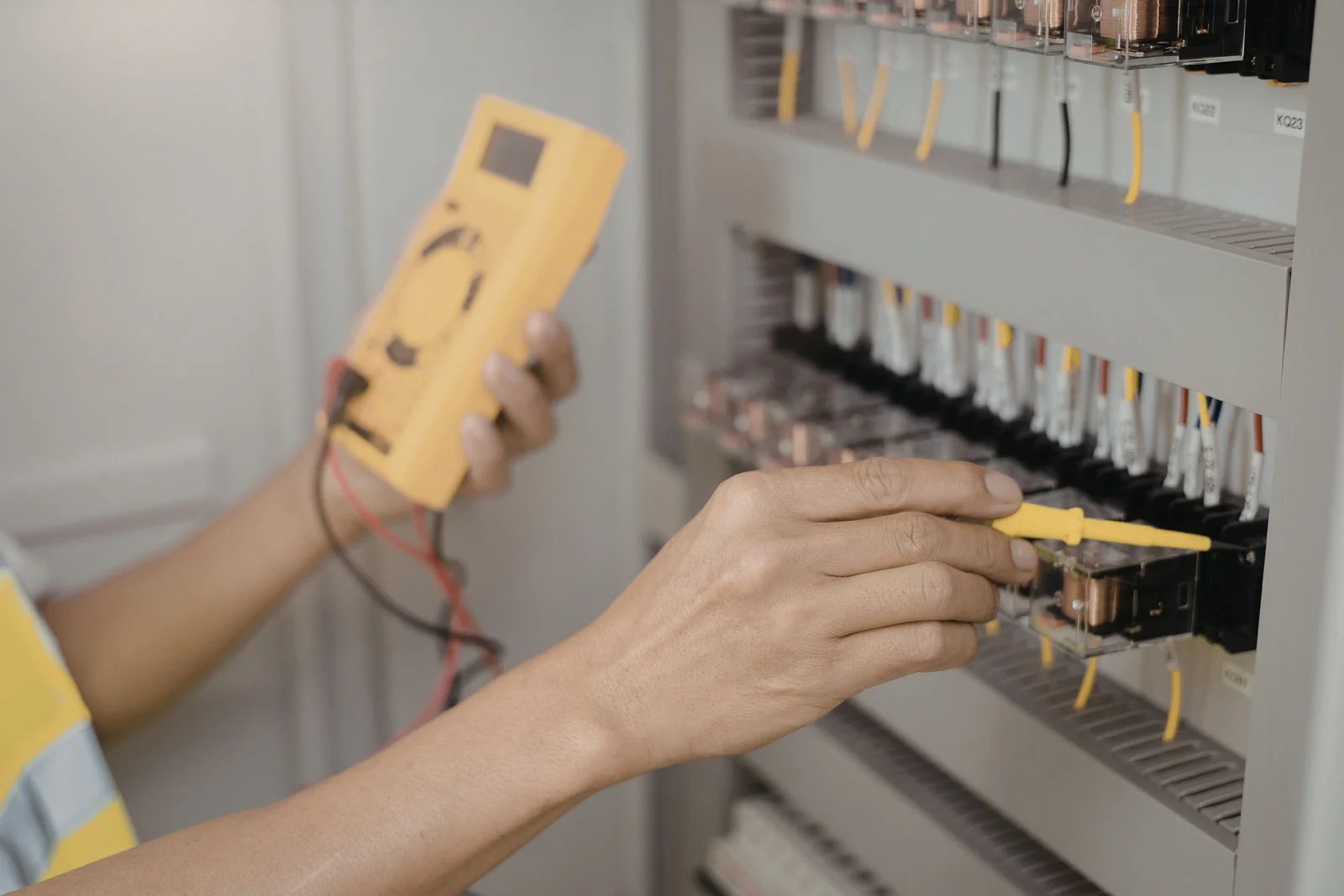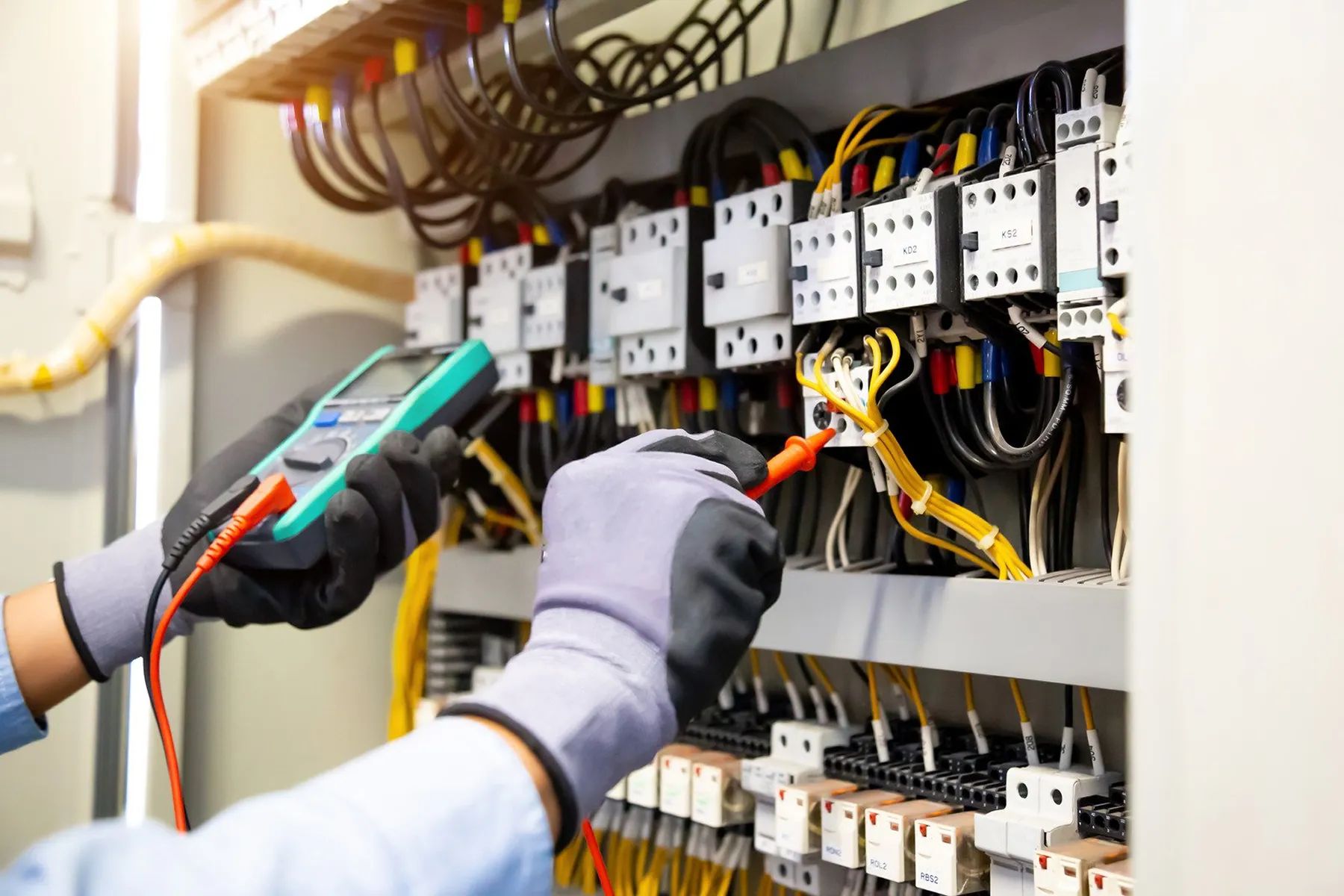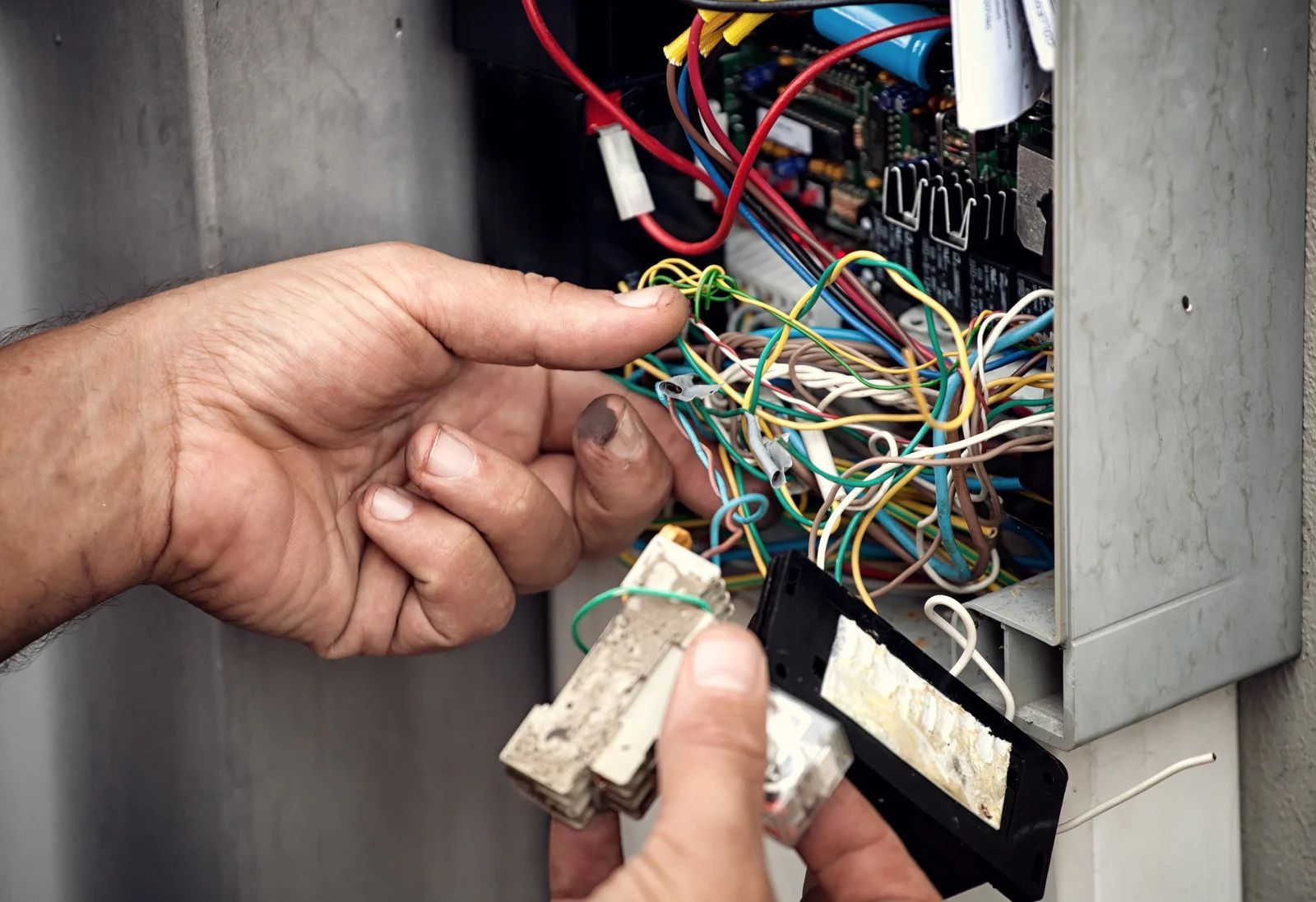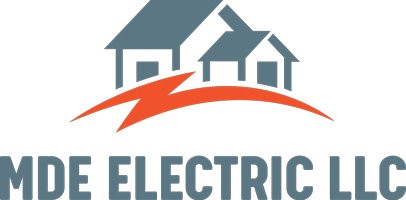Residential vs. Commercial Electrical Services: What’s the Difference?
August 11, 2025
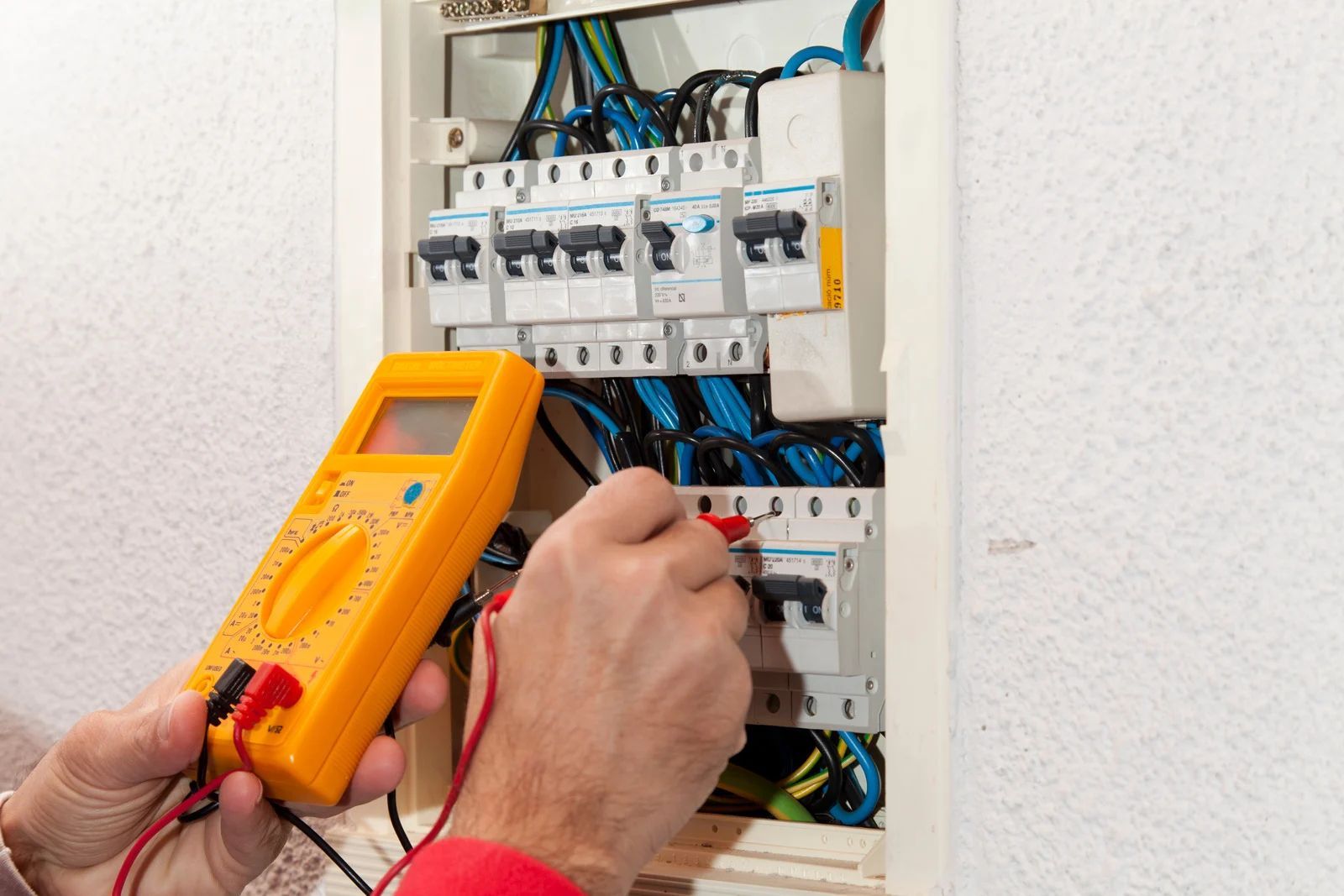
When it comes to electrical work, not all services are created equal. Whether you need an electrician for your home or your business, it’s important to understand the differences between residential and commercial electrical services. Both play vital roles in ensuring safety, efficiency, and functionality, but they involve different scopes of work, regulations, and challenges. Many homeowners and business owners often assume that the same electrician can handle both types of jobs with equal ease, but that’s not always the case. Knowing what sets these services apart can help you choose the right professional and avoid costly mistakes down the line. This blog will break down what sets these two types of electrical services apart, allowing you to make an informed decision when hiring an electrician.
Scope and Complexity
Residential electrical services typically focus on homes and small living spaces. These tasks include installing lighting fixtures, wiring outlets, repairing circuit breakers, and maintaining household electrical systems. Residential work tends to be more straightforward because homes have simpler wiring systems and lower power demands.
On the other hand, commercial electrical services are typically used in larger buildings, such as offices, retail stores, warehouses, and industrial facilities. These projects require handling complex electrical systems that support heavy machinery, HVAC systems, and extensive lighting. Commercial electricians often work on three-phase power systems, which supply higher voltage compared to the single-phase power used in most homes.
Code Compliance and Safety Standards
Both residential and commercial electrical work must comply with strict safety codes, but commercial projects are often subject to more rigorous regulations. This is due to the higher risks associated with larger electrical loads and the potential impact on a large number of people. Commercial electricians must be knowledgeable about National Electrical Code (NEC) requirements specific to businesses, fire safety regulations, and accessibility standards.
Tools and Equipment
The tools used by residential electricians are generally geared toward smaller, less complicated systems—think wire strippers, voltage testers, and hand tools. Commercial electricians, however, may require specialized equipment, such as conduit benders, industrial testing devices, and advanced diagnostic tools, to handle intricate wiring and high-capacity systems.
Project Timeline and Costs
Residential projects are usually quicker and less expensive due to their limited scale and complexity. Commercial electrical services, by contrast, can be extensive and costly because of the size of the property and the technical demands involved. Commercial electricians might work alongside other contractors on large-scale construction or renovation projects, requiring careful coordination.
Customer Interaction and Service Approach
Residential electricians often develop personal relationships with homeowners, providing ongoing maintenance and quick fixes. Commercial electricians focus on minimizing downtime and ensuring that business operations continue smoothly, which often requires them to work during off-hours or overnight shifts.
Trust MDE Electric LLC for Your Electrical Needs
Whether you need residential or commercial electrical services, trust the experts at MDE Electric LLC. With 25
years of experience serving Milton, Florida, we specialize in delivering safe, reliable, and efficient electrical solutions tailored to your specific needs. Our skilled electricians understand the unique demands of both residential homes and commercial properties, ensuring compliance with all safety standards and local codes. Contact us today for
professional electrical services you can count on.
